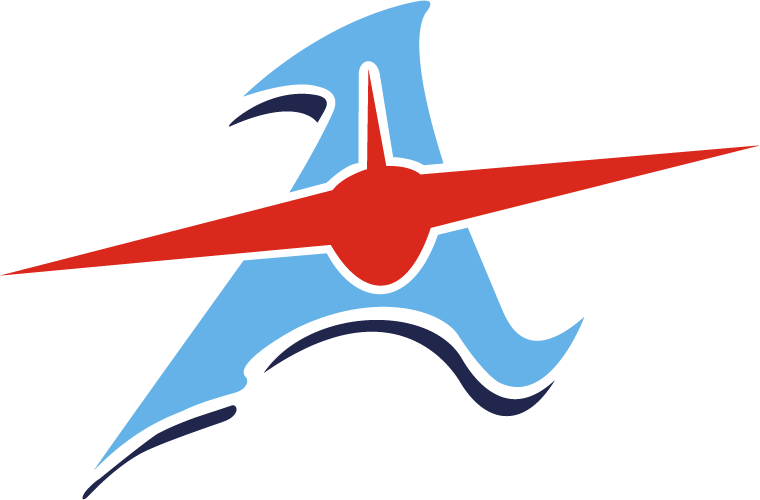Skip to content
Show submenu for About Us
About Us
Employment Opportunities
Show submenu for 2025-2026 School Year
Show submenu for Parents/Students
Parents/Students
Software Quick Links
ORC 3320.04 - Religious Accommodations For Public Students
Student Accident Insurance Program
Gifted Education
Library Resources
Say Something
Dress Code
Show submenu for Staff Quick Links
Show submenu for Departments
Departments
Food Services
Building & Grounds
Transportation
Human Resources
Career Center
Show submenu for
